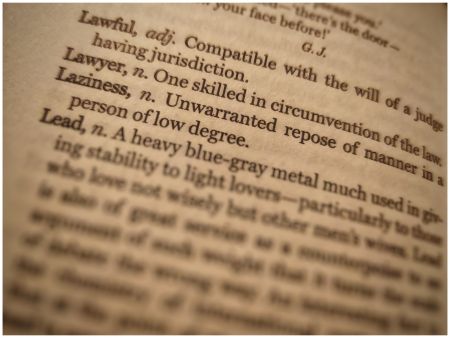At-the-money: Difference between revisions
Jump to navigation
Jump to search
Amwelladmin (talk | contribs) No edit summary |
Amwelladmin (talk | contribs) No edit summary |
||
| (2 intermediate revisions by the same user not shown) | |||
| Line 1: | Line 1: | ||
{{ | {{def|At-the-money||adv|[[File:Bob Cunis 1967.jpg|450px|center|thumb|[[Bob Cunis]]: [[on the money]], as it were.]]}}Of a [[financial instrument]], in the [[cunisian]] state: neither one thing nor the other; neither [[in the money|in]] nor [[Out-of-the-money|out of the money]]. All square. | ||
An arm’s-length [[swap transaction]] will start out life [[at-the-money]] and, when the last payments have been made, will finish there too, but will usually spend the rest of its time swinging wildly [[in-the-money]] — at which point one is a [[creditor]] — and [[out-of-the-money]] — at which point one is a [[debtor]]. | An arm’s-length [[swap transaction]] will start out life [[at-the-money]] and, when the last payments have been made, will finish there too, but will usually spend the rest of its time swinging wildly [[in-the-money]] — at which point one is a [[creditor]] — and [[out-of-the-money]] — at which point one is a [[debtor]]. | ||
{{moneyness}} | {{moneyness}} | ||
Latest revision as of 23:41, 12 December 2020
|
At-the-money (adv.)
Of a financial instrument, in the cunisian state: neither one thing nor the other; neither in nor out of the money. All square.
An arm’s-length swap transaction will start out life at-the-money and, when the last payments have been made, will finish there too, but will usually spend the rest of its time swinging wildly in-the-money — at which point one is a creditor — and out-of-the-money — at which point one is a debtor.
See also
- Flawed asset
- The moneyness hokey-cokey: in-the-money, out-of-the-money and at-the-money
- Options

